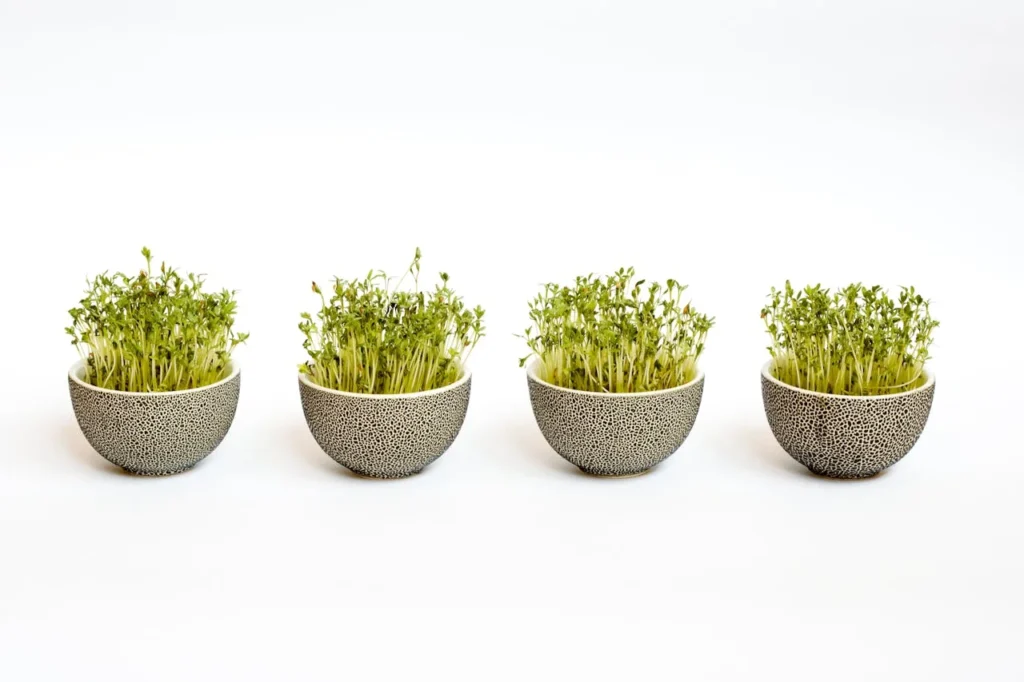Raw sprouts are celebrated for their health benefits, including a wealth of vitamins and minerals. However, they also pose significant health risks due to the conditions under which they are grown, making them a potential bacterial hotbed.
The Health Appeal of Sprouts
Sprouts, grown from seeds and beans in warm, moist conditions, are a staple for health-conscious eaters. They are often added to salads, sandwiches, and hot dishes. Their popularity stems from the array of nutrients they provide:
- Wheat sprouts: Rich in omega-3 and omega-6 unsaturated fatty acids.
- Bean sprouts: Packed with antioxidants, fiber, and plant-based protein.
- Sunflower seed sprouts: Contain anti-inflammatory, antibacterial, expectorant, and wound-healing properties, as well as cholesterol-lowering benefits.
- Buckwheat sprouts: Support vascular health and promote metabolic balance.
Despite their impressive nutritional profile, the very conditions that make sprouts thrive also create an ideal environment for bacteria to multiply.
Why Sprouts Are Risky
The warm and damp environment required to grow sprouts is also perfect for the proliferation of harmful bacteria like E. coli, Listeria, and Salmonella. If sprouts are not thoroughly washed or cooked, they can cause foodborne illnesses.
According to the FDA (U.S. Food and Drug Administration), sprouts should at least be thoroughly rinsed before consumption. However, the safest way to enjoy sprouts is to cook them, which significantly reduces the risk of bacterial contamination.
Raw Isn’t Always Better
There’s a common belief that cooking destroys a food’s nutrients, leading many to prefer raw fruits and vegetables. While it’s true that some vitamins are heat-sensitive, such as vitamin C, cooking doesn’t negate all nutritional benefits.
Moreover, there are preparation methods, like juicing, that preserve and even enhance the bioavailability of certain nutrients:
- Lycopene (found in tomatoes): Absorbed 3.8 times more efficiently when cooked or juiced.
- Beta-carotene (found in carrots): Absorbed 1.5 times better in processed forms.
Juicing is another alternative that offers an efficient way to consume nutrients quickly, though it lacks the fiber content found in whole vegetables.
Takeaway: Handle Sprouts with Care
Sprouts can be a valuable addition to a balanced diet, but their potential risks shouldn’t be ignored. If you choose to eat raw sprouts:
- Wash them thoroughly with clean water to reduce bacterial load.
- Consider cooking them to eliminate harmful microorganisms.
- Store them properly in a clean, cold environment to minimize contamination.
By taking these precautions, you can enjoy the nutritional benefits of sprouts without compromising your health.

